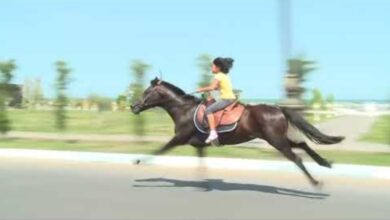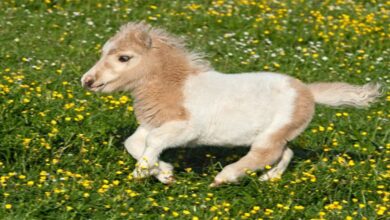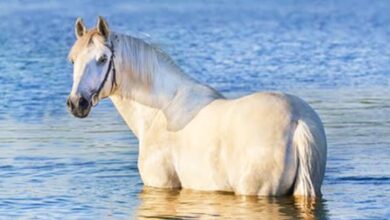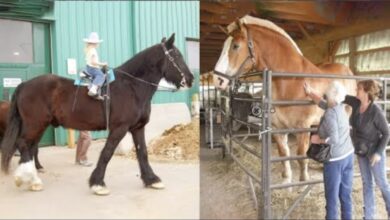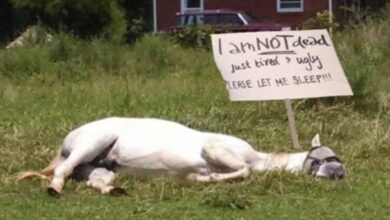Horses
20 Most Expensive Horses In The World
The cost of horses can vary significantly based on factors such as breed, age, training, pedigree, and intended use. Here are some general guidelines on horse prices:
- Breeds:
- Common Breeds: Prices for common breeds like Quarter Horses, Arabians, Thoroughbreds, and Appaloosas can range from a few hundred to several thousand dollars.
- Specialized Breeds: Prices for specialized or rare breeds may be higher. For example, some warmbloods, Friesians, or Gypsy Vanners can be quite expensive.
- Age:
- Foals and Young Horses: Young, untrained horses or foals are generally less expensive, but costs can rise as they undergo training.
- Trained Horses: Well-trained horses, especially those with specific skills (e.g., dressage, jumping, cutting), can command higher prices.
- Training Level:
- Green Horses: Horses that are still in the early stages of training or require further training may be less expensive.
- Experienced Horses: Horses with advanced training, especially in disciplines like dressage, show jumping, or reining, can be more costly.
- Pedigree and Bloodlines:
- Horses with impressive pedigrees or from well-known bloodlines may be more expensive due to their potential for specific disciplines or desirable traits.
- Intended Use:
- Trail Horses: Horses primarily used for trail riding may be more affordable.
- Show Horses: Horses trained for and successful in shows or competitions can be pricier.
- Breeding Stock: Horses with strong bloodlines and conformation suitable for breeding may have higher prices.
- Health and Veterinary History:
- Horses with a clean bill of health and a thorough veterinary history may command higher prices.
- Market and Location:
- Prices can vary based on regional demand, local market conditions, and the overall horse economy.
It’s crucial to note that the initial cost of a horse is just one aspect of ownership. Ongoing expenses include boarding, feed, veterinary care, farrier services, and equipment. Additionally, a pre-purchase veterinary exam is recommended to assess the horse’s health before buying.
For the most accurate and up-to-date information, it’s advisable to consult with local breeders, trainers, or equine professionals who can provide insights into the specific horse market in your area.

